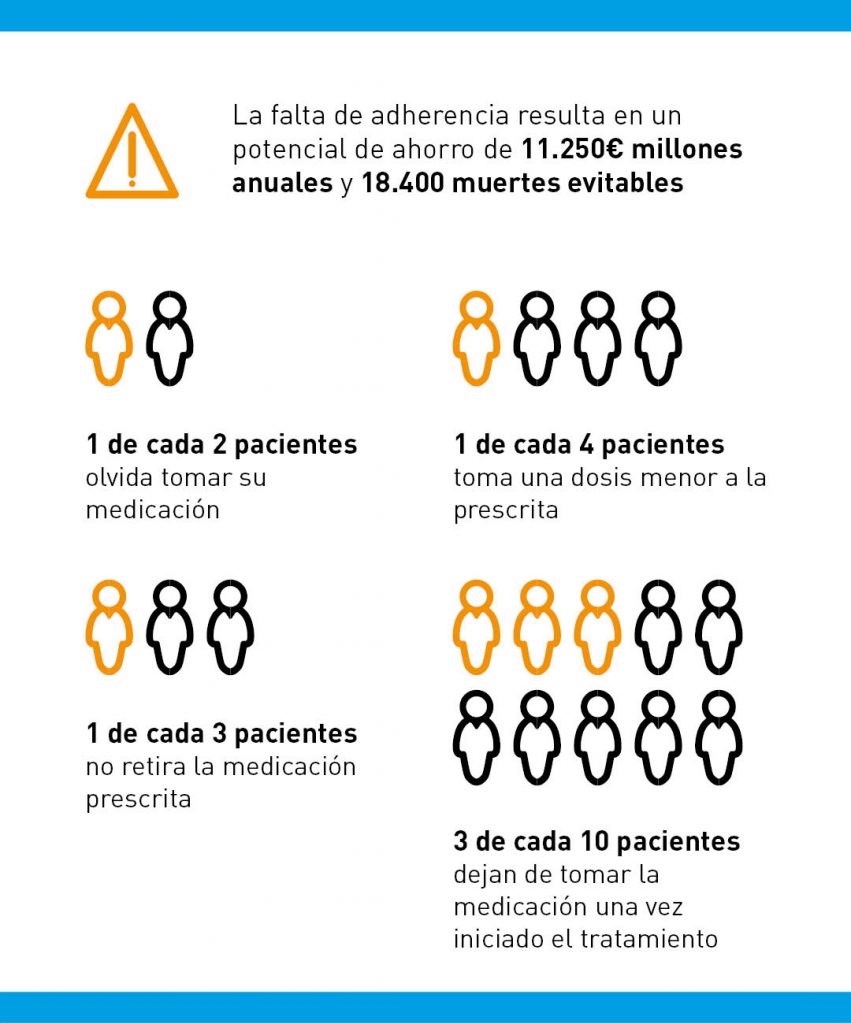The Spanish Society of Family and Community Pharmacy (SEFAC) and the Spanish Society of Primary Care Physicians (SEMERGEN) have published a consensus document on the Personalized Dosage System (SPD), with the aim of promoting this service and mitigating the lack of therapeutic adherence.
We face two major community health challenges today: the aging population and the rise in prevalence of chronic diseases. Within this context, lack of therapeutic adherence is a major health problem, associated with a reduced quality of life, poorer disease control, and a rise in hospital admissions and health spending.


MDS is a pharmacy care service intended to improve therapeutic adherence and outcomes, providing patients with better-quality care.
According to the former SEMERGEN president at one of the sessions of the 9th National Congress of Community Pharmacists, “Neither primary care physicians nor nurses can control medication reconciliation.” That is why the community pharmacy plays a key role in chronic disease management.
The document from SEFAC and SEMERGEN proposes a series of improvement actions to offer the MDS service in primary care and community pharmacy settings
Physician-pharmacist communication
Coordinated intervention by physicians and pharmacists is key to optimizing MDS outcomes. According to the document’s pharmacy coordinator, “the rise in chronic diseases and the aging population must result in physicians, pharmacists, and other health professionals coordinating and moving forward in meeting patient needs.” That is the reason behind fostering the roll out of tech solutions targeted at enhancing health center/pharmacy communication.
MDS during the pandemic
The document’s medical coordinator says the COVID-19 pandemic “has revealed the vulnerable position of chronic patients who are polymedicated . A rise in risks associated with drug use and reduced therapeutic adherence has been observed “. During this time, reduced patient access to primary care centers saw patients referred to community pharmacies, which implemented a series of actions to promote patient autonomy and reduce travel and risk of contagion.
During the pandemic, MDS proved key to maintaining good therapeutic adherence among the most vulnerable polymedicated chronic patients.
In conclusion, the pharmacy of the future has a major challenge ahead and MDS will be a key tool to address it.
